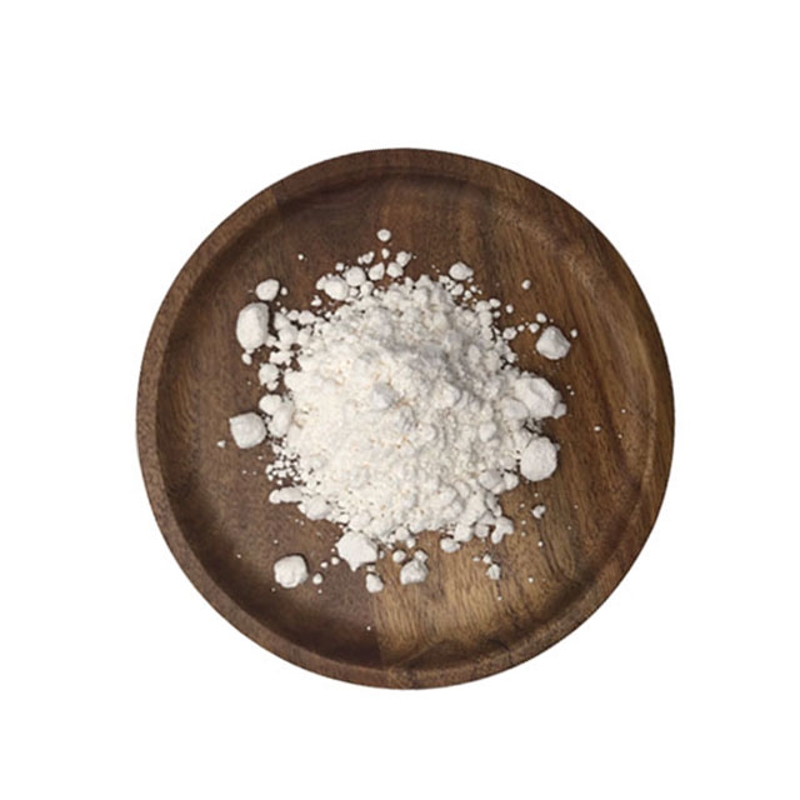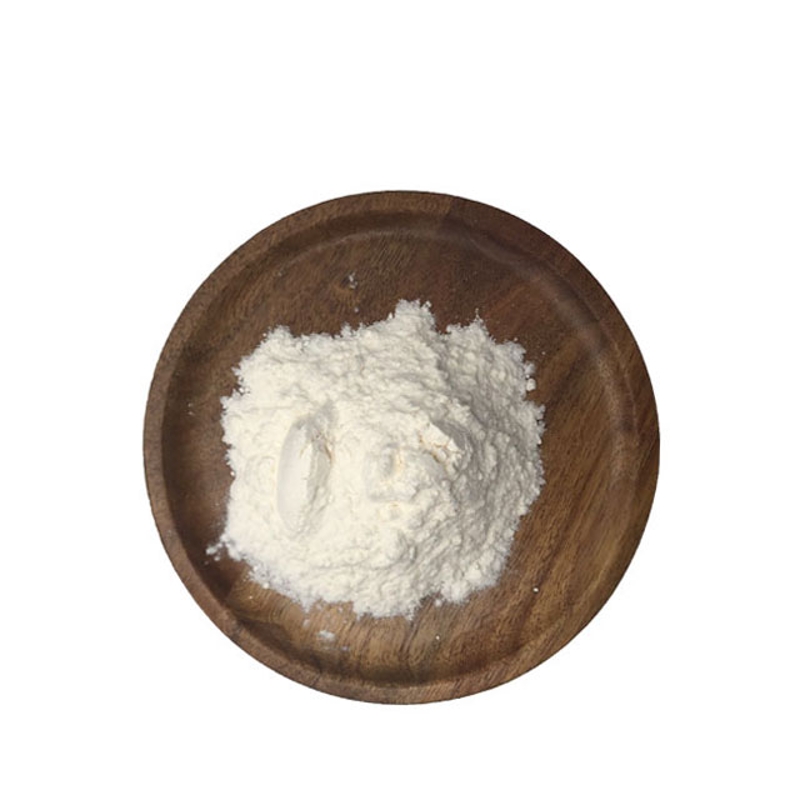-
Categories
-
Pharmaceutical Intermediates
-
Active Pharmaceutical Ingredients
-
Food Additives
- Industrial Coatings
- Agrochemicals
- Dyes and Pigments
- Surfactant
- Flavors and Fragrances
- Chemical Reagents
- Catalyst and Auxiliary
- Natural Products
- Inorganic Chemistry
-
Organic Chemistry
-
Biochemical Engineering
- Analytical Chemistry
- Cosmetic Ingredient
-
Pharmaceutical Intermediates
Promotion
ECHEMI Mall
Wholesale
Weekly Price
Exhibition
News
-
Trade Service
Natural Killer (NK) cells are a type of innate lymphocytes that have the ability to find and rapidly kill infected , cancerous, foreign or stressed cells
They have the ability to find and rapidly kill infected , cancerous, foreign or stressed cells
In addition, it rarely stimulates an autoimmune response, but instead promotes immune balance and fights autoimmune diseases
Recently, the journal Nature Reviews Drug Discovery published a review paper titled: Harnessing natural killer cells for cancer immunotherapy: dispatching the first responders , which reviewed various strategies for using NK cells to develop anti-cancer immunotherapy
Harnessing natural killer cells for cancer immunotherapy: dispatching the first responders
The biology of human NK cells
The biology of human NK cellsNK cells belong to type 1 innate lymphocytes, and one of its main features is the production of type 1 cytokines, including IFNγ and tumor necrosis factor (TNF)
The mechanism of action of NK cells
The mechanism of action of NK cellsIn peripheral blood, NK cells can easily access hematological tumor cells, and solid tumors are relatively more difficult to reach and infiltrate, and the tumor microenvironment with immunosuppressive ability can drive NK cells into a state of exhaustion
Strategies to enhance NK cell function
Strategies to enhance NK cell functionCytokines that stimulate NK cells
Cytokines that stimulate NK cellsAntagonists of various activating or inhibitory cytokines are currently being evaluated in clinical trials
IL-15 is one of the cytokines that is expected to replace the function of IL-2, it can stimulate NK and CD8 positive T cells, but not Treg cells
The mechanism of action of Anktiva (Image source: ImmunityBio's official website)
The mechanism of action of Anktiva (Image source: ImmunityBio's official website)Other cytokines that activate NK cells include IL-12, IL-18, IL-21, and TGF[beta] inhibitors
Antibodies that elicit ADCC responses
Antibodies that elicit ADCC responsesA typical effector function of NK cells is the killing of cells targeted by IgG1 or IgG3 antibodies through CD16 receptor-mediated ADCC
Bispecific or specific antibodies
Bispecific or specific antibodiesBispecific or trispecific antibodies can simultaneously bind to NK cell-activated receptors and tumor antigens, promoting more potent and durable NK-mediated cytotoxicity
Currently, one of the most rapidly advancing CD16 bispecific antibodies is AFM13 developed by Affimed
Trispecific NK cell adapters can not only bind to tumor antigens and CD16 receptors, but also contain IL-15, thereby enhancing NK cell activity by binding to IL-15 receptors on the surface of NK cells
It is thus becoming an exciting frontier for NK cell immunotherapy
Bispecific and trispecific antibodies that enhance NK cell function
Bispecific and trispecific antibodies that enhance NK cell functionAdoptive NK cell therapy
Adoptive NK cell therapyMost adoptive NK cell therapies harvest NK cells from various sources, enhance their function in vitro, and then infuse them into cancer patients
Umbilical cord blood-derived NK cells are easier to culture and activate, whereas NK cells derived from adult peripheral blood have a more natural cytolytic capacity
Different sources of NK cells
Different sources of NK cellsA straightforward approach to enhancing NK cell function is in vitro stimulation with cytokines, historically the most commonly used cytokine is IL-2
.
In recent years, other stimulatory factors such as IL-12, IL-15, IL-18, and IL-21 have also been used to stimulate NK cells in vitro, and can generate NK cells with long-term survival and memory ability
.
The CD16/CD30-targeting bispecific antibody AFM13 developed by Affimed can also be used to pre-bind with NK cells in vitro to promote NK cell responses to CD30-positive lymphomas
.
Expression of chimeric antigen receptors (CARs) targeting tumor antigens on the surface of NK cells can confer the ability of NK cells to target specific tumors
.
CAR-NK cells may offer several advantages over CAR-T cells, including a lower risk of cytokine release syndrome
.
And even if CAR-NK cells lose CAR, they can still recognize and kill tumor cells through intrinsically expressed activating receptors
.
In addition to the introduction of CAR, researchers are exploring other strategies for genetic engineering to enhance NK cell function
.
These include promoting tumor infiltration by expressing chemokine receptors
.
ADCC-based therapy can express the high-affinity 138V CD16 receptor on NK cells and combine with antibodies that stimulate ADCC to constitute combination therapy
.
Finally, side-regulators can be knocked out from NK cells using the CRISPR-Cas9 gene editing system
.
These approaches offer multiple possibilities for building better NK cell therapies
.
Some adoptive NK cell therapies in clinical development
Some adoptive NK cell therapies in clinical developmentSummary and future directions
Summary and future directionsThe review authors note that while the development of NK cells as an anticancer immunotherapy has gained momentum in recent years, the field is still in its infancy and the future is bright for developing new approaches to further enhance the NK cell immunotherapy platform
.
Important goals to be addressed include improving the targeting specificity of NK cells to solid tumors and how to enhance their activation, cytolytic capacity, and survival when NK cells reach an immunosuppressive tumor microenvironment
.
CARs, advanced antibody engineering, and multiple receptor binding technologies offer a wide range of opportunities to optimize NK cell activation
.
Combination therapies focused on NK cells will provide the next wave of clinical advances
.
Original source:
Original Source: Original Source:Maskalenko, NA, Zhigarev, D.
& Campbell, KS Harnessing natural killer cells for cancer immunotherapy: dispatching the first responders.
Nat Rev Drug Discov (2022).
https://doi.
org/10.
1038/s41573-022-00413-7 .
& Campbell, KS Harnessing natural killer cells for cancer immunotherapy: dispatching the first responders.
Nat Rev Drug Discov (2022).
https://doi.
org/10.
1038/s41573-022-00413-7 .
leave a message here







